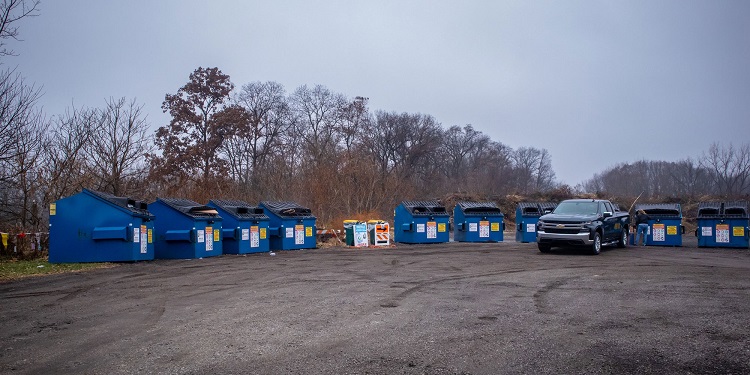Porter County Compost

In the pursuit of sustainable living and environmental conservation, communities worldwide are exploring innovative solutions to reduce waste and promote eco-friendly practices. Porter County, nestled in the heart of Indiana, stands out as a beacon of environmental stewardship through its commendable initiative in composting.
Composting, a natural process that decomposes organic matter into nutrient-rich soil, has gained significant traction in Porter County as a cornerstone of their waste management strategy. This initiative isn’t merely about waste reduction; it embodies a holistic approach toward a greener future.
Porter County’s composting program is more than a local initiative; it’s a symbol of community engagement and proactive environmentalism. The program operates on the principles of sustainability, aiming to convert organic waste into a valuable resource. By diverting organic materials from landfills, the county not only minimizes its environmental impact but also creates a cycle of regeneration that benefits both the community and the planet.
One of the program’s pivotal aspects is its comprehensive approach to waste management. Residents, businesses, and local institutions actively participate by segregating their organic waste, such as food scraps, yard trimmings, and other biodegradable materials. Instead of discarding these items into landfills where they contribute to harmful methane emissions, Porter County’s forward-thinking approach allows these materials to be repurposed.
The composting process itself is a marvel of nature’s efficiency. Organic matter collected from various sources undergoes controlled decomposition, where microorganisms break down the materials, transforming them into nutrient-rich compost. This compost becomes a valuable resource for local agriculture, landscaping, and gardening, fostering healthier soil and reducing the reliance on chemical fertilizers.
What sets Porter County’s composting program apart is its emphasis on education and outreach. The county hosts workshops, educational seminars, and community events to raise awareness about the importance of composting and waste reduction. By empowering residents with knowledge, the program encourages widespread adoption of sustainable practices, nurturing a culture of environmental consciousness.
Furthermore, partnerships with local farmers and gardeners create a symbiotic relationship, as they benefit from the nutrient-rich compost produced by the program. This collaboration not only supports local agriculture but also strengthens the community’s bond and commitment to sustainable living.
The positive impact of Porter County’s composting initiative extends beyond environmental benefits. It fosters economic resilience by reducing waste management costs, creating jobs in the recycling and composting sectors, and enhancing the market for local produce and landscaping materials.
As other regions seek ways to address environmental challenges, Porter County‘s composting program stands as a shining example of what can be achieved through community-driven efforts and innovative thinking. It showcases how simple yet impactful actions can pave the way for a greener, more sustainable future.
Conclusion
Porter County’s commitment to composting is a testament to the power of collective action in nurturing a healthier environment. By embracing composting as more than just a waste management solution, the county has embarked on a transformative journey towards sustainability, inspiring neighboring communities and setting a commendable precedent for responsible environmental stewardship.

